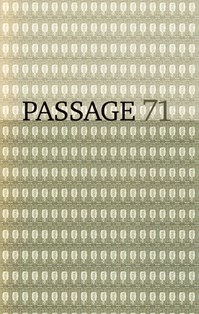Trykkemaskinens politiske økonomi. Værdien af viden og litteraturens pris i 1830’ernes England
DOI:
https://doi.org/10.7146/pas.v29i71.24522Resumé
Thomas Palmelund Johansen: “The Political Economy of the Printing Press. The Value of Knowledge and the Price of Literature in 1830s Britain”
The article explores the use of the printing machine as a symbol and illustration of enlightenment and economizing principles in the cheap periodical literature of Britain in the 1830s. Focussing on two key cheap periodicals from the period it seeks to highlight the central role played by the printing press and steam print in the self-image of the publishers of cheap instructive and wholesome ‘useful’ and scientific literature targeting an upper working-class audience in the attempt to curb the influence of the illegal radical papers. The printing machine as an ideal object provi-ded an illustration of the economic and social structure of civilized society while at the same time symbolizing enlightenment and reason as opposed to ignorance and violence. The use of the material production of print as an instruction in political economy is seen as an attempt to engage with the reader and bring forth a sense of interconnectedness between the social classes based on underlying economic principles of e.g. division of labour.
Downloads
Publiceret
Citation/Eksport
Nummer
Sektion
Licens
Forfattere, der publicerer deres værker via dette tidsskrift, accepterer følgende vilkår:
- Forfattere bevarer deres ophavsret og giver tidsskriftet ret til første publicering, samtidigt med at værket efter publiceringen er omfattet af en Creative Commons Attribution-licens, der giver andre ret til at dele værket med en anerkendelse af værkets forfatter og første publicering i nærværende tidsskrift.
- Forfattere kan indgå flere separate kontraktlige aftaler om ikke-eksklusiv distribution af tidsskriftets publicerede version af værket (f.eks. sende det til et institutionslager eller udgive det i en bog), med en anerkendelse af værkets første publicering i nærværende tidsskrift.
- Forfattere har ret til og opfordres til at publicere deres værker online (f.eks. i institutionslagre eller på deres websted) forud for og under manuskriptprocessen, da dette kan føre til produktive udvekslinger, samt tidligere og større citater fra publicerede værker (se The Effect of Open Access).





